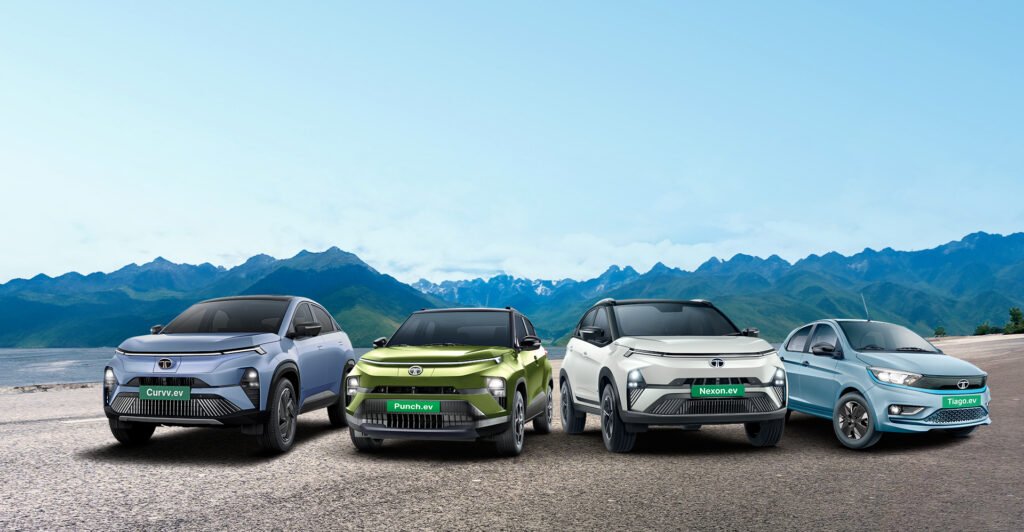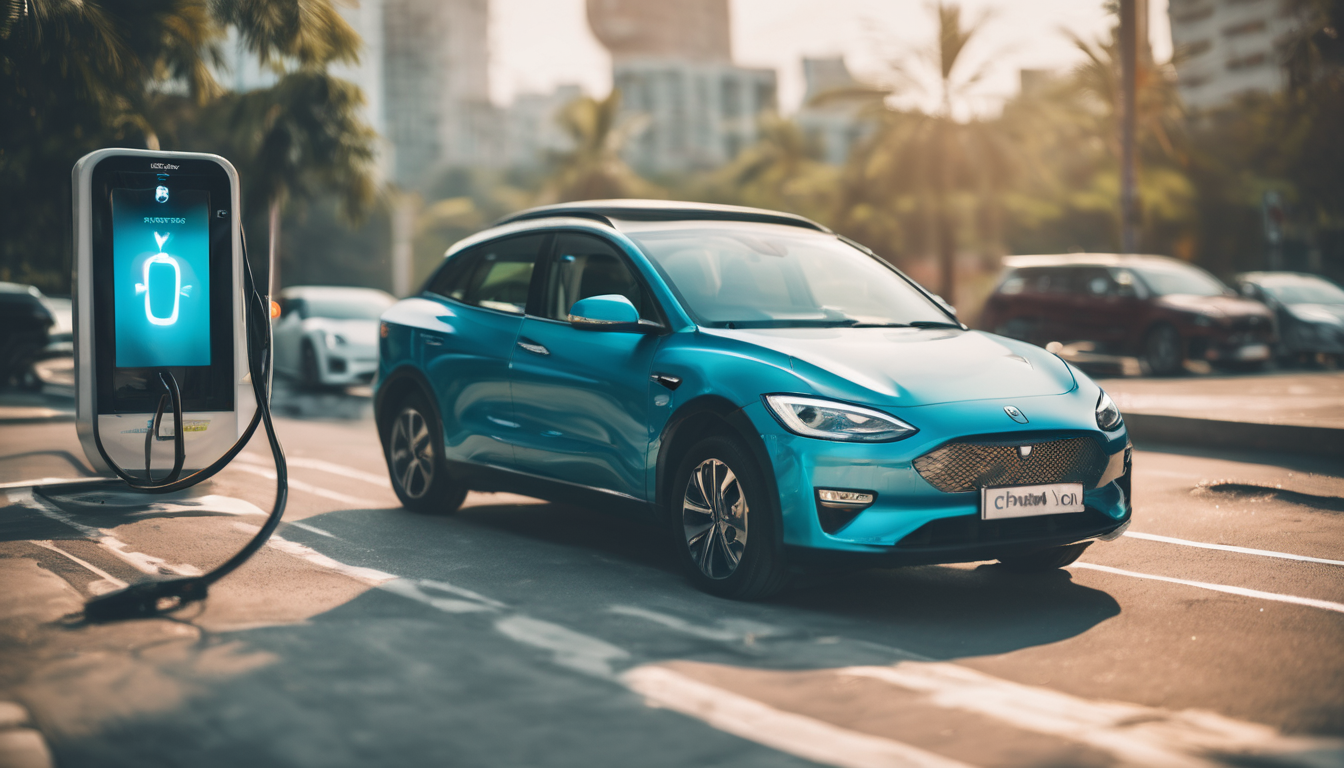The electric vehicle (EV) boom is in full swing, with automakers worldwide racing to produce models that cater to every lifestyle and budget. With EVs becoming more accessible and widely available, many people are considering making the switch from gasoline-powered cars. However, before jumping on the electric bandwagon, it’s important to ask yourself: do you really need an electric car? Let’s explore the benefits, drawbacks, and financial considerations you should weigh before making a decision.
Why You Should Consider Buying an EV
- Environmental Impact One of the most significant reasons to switch to an EV is the positive impact on the environment. EVs produce zero tailpipe emissions, which helps reduce air pollution. Traditional gasoline and diesel-powered vehicles emit carbon dioxide (CO2) and other harmful greenhouse gases that contribute to global warming and climate change. By driving an EV, you’re helping to reduce your carbon footprint and support cleaner air.
- Lower Operating Costs EVs are often cheaper to operate compared to conventional cars. Electricity is generally more affordable than gasoline, and with the growing number of charging stations, it’s becoming more convenient to charge your vehicle at home or on the go. Additionally, EVs have fewer moving parts, which means lower maintenance costs. You won’t need to worry about oil changes, exhaust system repairs, or replacing timing belts, all of which are necessary for internal combustion engine (ICE) vehicles.
- Government Incentives Many governments around the world offer incentives to encourage the purchase of electric vehicles. In some regions, buyers can benefit from tax credits, rebates, and discounts on registration fees. For example, in the United States, federal tax credits of up to $7,500 are available for eligible EVs, and states like California offer additional rebates. These incentives can make an EV more affordable and further offset the initial cost of purchase.
- Performance and Technology Electric vehicles are known for their smooth, quiet rides and impressive acceleration. EVs provide instant torque, which means quicker and more responsive acceleration compared to gasoline-powered cars. In addition, many electric vehicles come equipped with the latest technological features, such as advanced driver assistance systems (ADAS), autonomous driving capabilities, and connected infotainment systems, making them some of the most high-tech vehicles on the market.

The Drawbacks of Owning an EV
- Higher Upfront Cost One of the biggest barriers to entry for electric vehicles is the higher upfront cost. Although prices have been decreasing as EV technology advances, electric cars are generally more expensive to purchase than their gasoline counterparts. This price gap can be a deciding factor for many buyers, especially if they are on a tight budget.
- Limited Driving Range Range anxiety is a common concern for potential EV buyers. While modern EVs offer driving ranges between 150 to 400 miles on a single charge, this may still be less than the range of a traditional car. Additionally, factors like weather conditions, driving habits, and the use of air conditioning or heating can affect the actual range. For long-distance travelers or those in remote areas, this can be a significant drawback.
- Charging Infrastructure Although the number of public charging stations is growing, the infrastructure is still not as widespread as gas stations. Depending on where you live, finding a convenient charging station might be a challenge. Charging at home requires installing a home charging station, which can be an additional expense. Additionally, charging an EV takes longer than filling up a gasoline car, with most EVs requiring anywhere from 30 minutes to several hours to recharge, depending on the charging method.
- Battery Life and Replacement Costs EV batteries degrade over time, similar to how the battery in your smartphone loses capacity with age. While most electric vehicle batteries are designed to last for many years and come with warranties of up to eight years, the cost of replacing a battery can be significant. This potential expense should be factored into your long-term financial calculations.
Financial Considerations Before Buying an EV
- Upfront Costs vs. Long-Term Savings As mentioned earlier, electric cars generally have higher upfront costs. However, you may recoup these costs over time through lower fuel and maintenance expenses. For instance, while an EV may cost several thousand dollars more than a comparable gasoline-powered car, you could save hundreds of dollars annually on fuel costs. Maintenance expenses are also lower, with EVs requiring fewer repairs and less frequent servicing.
- Electricity Costs vs. Gasoline Costs Charging your EV at home can significantly reduce your fuel expenses, but it’s essential to understand how much electricity costs in your area. Depending on local rates and how often you charge, your electricity bill could see a noticeable increase. Some regions offer time-of-use electricity plans, which allow you to charge your vehicle during off-peak hours at a lower rate. In contrast, gasoline prices are more volatile and can fluctuate frequently, affecting your overall driving costs.
- Resale Value The resale value of electric vehicles is improving, but historically, EVs have depreciated faster than gasoline-powered cars. Factors like battery degradation, technological advancements, and government incentives for new EVs can influence resale prices. However, as the demand for EVs grows and battery technology improves, this trend may shift. It’s worth researching the expected depreciation for the specific EV model you’re interested in.
- Insurance Costs Insuring an electric vehicle can sometimes be more expensive than insuring a traditional car, primarily because EVs have higher repair costs due to their specialized parts and advanced technology. Be sure to get insurance quotes for your desired EV model before making a purchase to ensure you’re prepared for any potential increases in premium costs.
Conclusion: Is an EV Right for You?
Deciding whether to buy an electric vehicle depends on several factors, including your driving habits, financial situation, and environmental priorities. While EVs offer numerous benefits, such as lower operating costs, reduced emissions, and government incentives, they also come with potential drawbacks, including higher upfront costs and concerns about charging infrastructure.
Before making a decision, consider how much you drive, where you’ll charge your vehicle, and whether the long-term savings justify the initial investment. By evaluating these factors, you can determine if an EV is the right choice for your lifestyle and budget.






